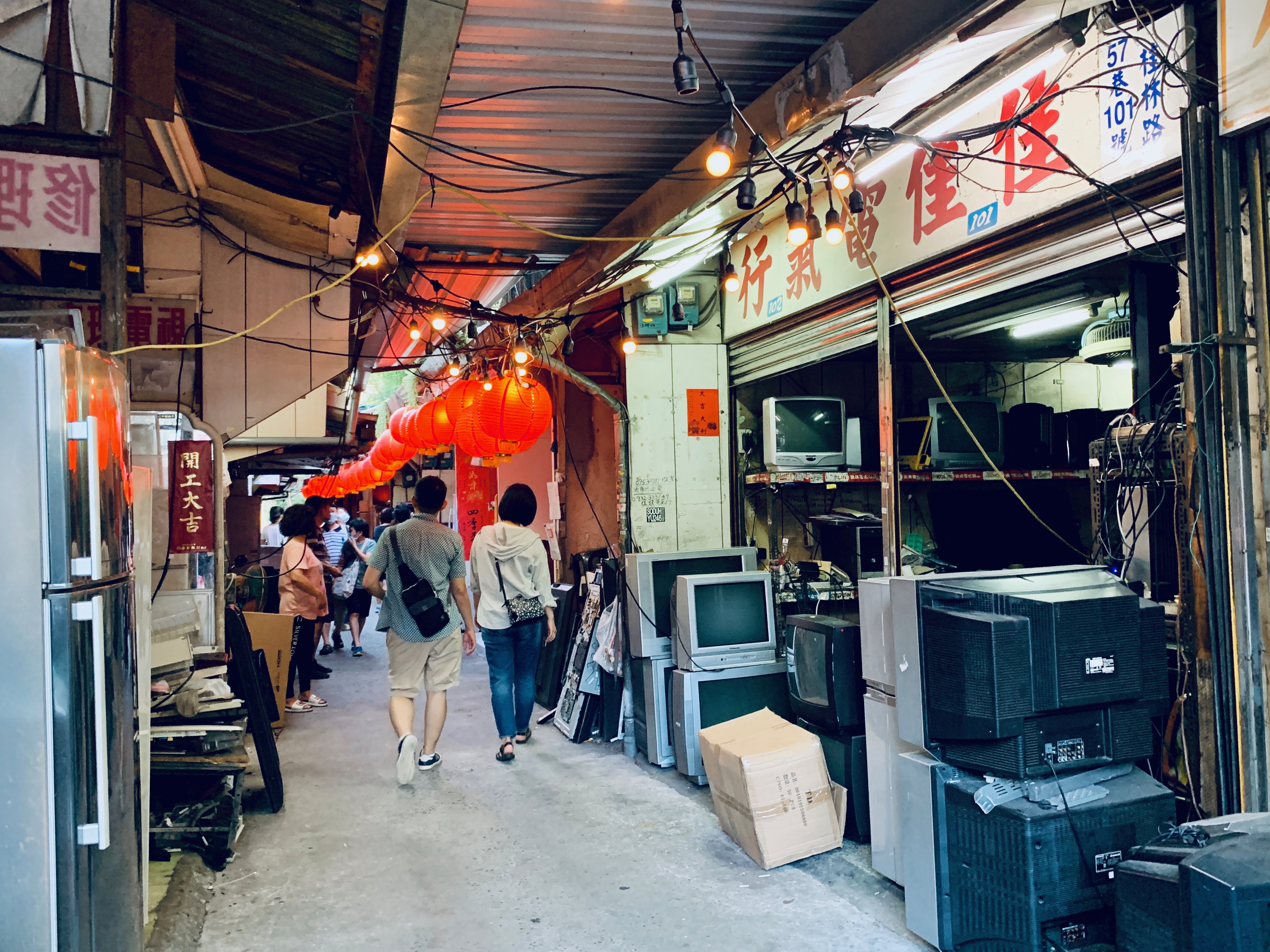Course Introduction/
Dense, vibrant, and populous are the common characteristics that define cities in Asia. Among the top ten most populous cities in the world currently, eight are located in Asia. As many Asian cities also represent the fastest-growing regions globally, they face critical challenges ranging from housing and socioeconomic disparities to environmental resilience and urban governance. These challenges present a different narrative compared with the common images of urban growth. The purpose of this class is to unravel the common narratives of Asian cities by exploring their lesser-known layers, complexities, and dynamics.
In recent years, a growing literature has emerged that examines different facets of Asian urbanism. There are also exemplary initiatives and projects that are notable for their innovation and efficacy in addressing the social, economic, and environmental challenges facing the respective cities. Through a collection of representative cities in Asia, this course will engage students in exploring the different facets of contemporary cities in Asia. Through invited talks by professionals and scholars based in different Asian cities, students will be introduced to a variety of topics and practices. Through an in-depth exploration of selected cases, students will have opportunities to develop specific focus through group and individual work.
Course Objectives/
• Explore less-known aspects of cities in Asia as a way of re-learning the cities.
• Question the predominant narratives of urbanization and urban development in Asia.
• Investigate the agency of citizens and civil society groups in shaping the cityscapes and city life of Asia
• Reflect critically on the making and governance of cities
Course Format & Assignments/
The course format will consist of weekly lectures and in-class discussions. Students are required to complete the following assignments/tasks:
1. City Exploration – Working in groups (3-4 per group), students will gather key basic data for selected cities in Asia, plus additional topics that the group has identified. Each group (ideally 2-3 students) will present their work in class as an introduction to each selected city. The group will also organize leading questions for invited speakers. Sign up to join a group here. (Details to be announced in class)
2. City Investigation – Building on the initial exploration, students will identify one or more questions either individually or in groups (2-3 students) for a more in-depth investigation. A brief proposal (one page) is required for each project first (due 10/19/21), followed by an in-class presentation and an online report (instructions to be available later) at the end of the term.
3. In-class Participation – Throughout the term, short activities and/or exercises may be introduced in class. Students are expected to participate actively. There are no exams for this class.
Dense, vibrant, and populous are the common characteristics that define cities in Asia. Among the top ten most populous cities in the world currently, eight are located in Asia. As many Asian cities also represent the fastest-growing regions globally, they face critical challenges ranging from housing and socioeconomic disparities to environmental resilience and urban governance. These challenges present a different narrative compared with the common images of urban growth. The purpose of this class is to unravel the common narratives of Asian cities by exploring their lesser-known layers, complexities, and dynamics.
In recent years, a growing literature has emerged that examines different facets of Asian urbanism. There are also exemplary initiatives and projects that are notable for their innovation and efficacy in addressing the social, economic, and environmental challenges facing the respective cities. Through a collection of representative cities in Asia, this course will engage students in exploring the different facets of contemporary cities in Asia. Through invited talks by professionals and scholars based in different Asian cities, students will be introduced to a variety of topics and practices. Through an in-depth exploration of selected cases, students will have opportunities to develop specific focus through group and individual work.
Course Objectives/
• Explore less-known aspects of cities in Asia as a way of re-learning the cities.
• Question the predominant narratives of urbanization and urban development in Asia.
• Investigate the agency of citizens and civil society groups in shaping the cityscapes and city life of Asia
• Reflect critically on the making and governance of cities
Course Format & Assignments/
The course format will consist of weekly lectures and in-class discussions. Students are required to complete the following assignments/tasks:
1. City Exploration – Working in groups (3-4 per group), students will gather key basic data for selected cities in Asia, plus additional topics that the group has identified. Each group (ideally 2-3 students) will present their work in class as an introduction to each selected city. The group will also organize leading questions for invited speakers. Sign up to join a group here. (Details to be announced in class)
2. City Investigation – Building on the initial exploration, students will identify one or more questions either individually or in groups (2-3 students) for a more in-depth investigation. A brief proposal (one page) is required for each project first (due 10/19/21), followed by an in-class presentation and an online report (instructions to be available later) at the end of the term.
3. In-class Participation – Throughout the term, short activities and/or exercises may be introduced in class. Students are expected to participate actively. There are no exams for this class.

The introductory course of Global Studies features the ICI’s signature three-track programs – Globalization & Democratic Governance (GDG), Asian Society & Sustainable Development (ASSD), and Global Technology and Innovation Management (GTIM) – and outlines how they interweave in our complex living worlds. Drawing on a wide-ranging scholarship across International Political Economy, Law, History, Geography, Sociology, Anthropology, and Science and Technology Studies, we aim to offer undergraduates an interdisciplinary knowledge ground to global studies. In this course, we will explore together how opportunities and challenges emerge across national boundaries at the intersection of people, ideas, environment, resources, species, capital, and events.

- 教師: CHEN HUNG-YING
- TA: 洋 成
- TA: 貝 詩瑪